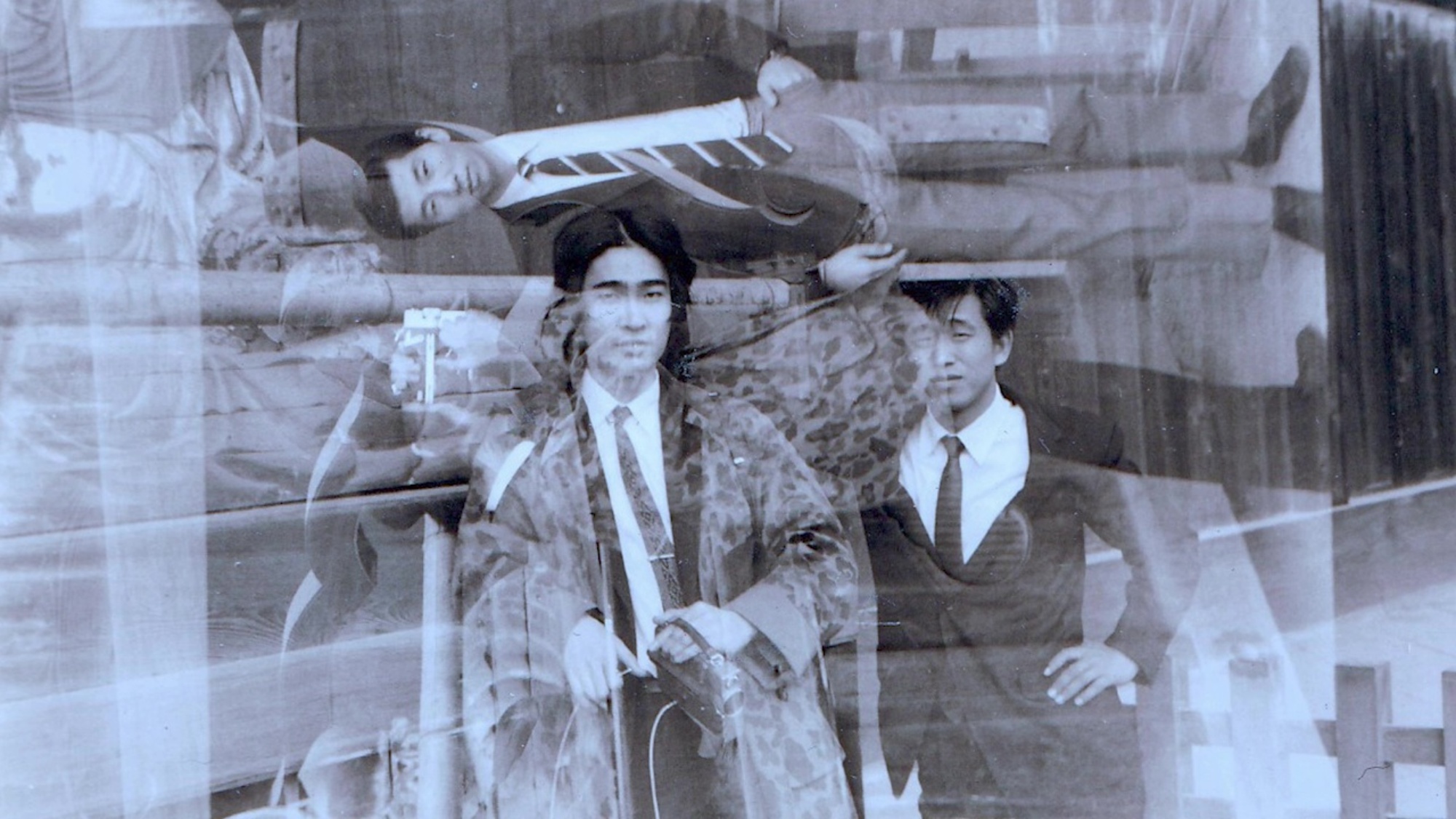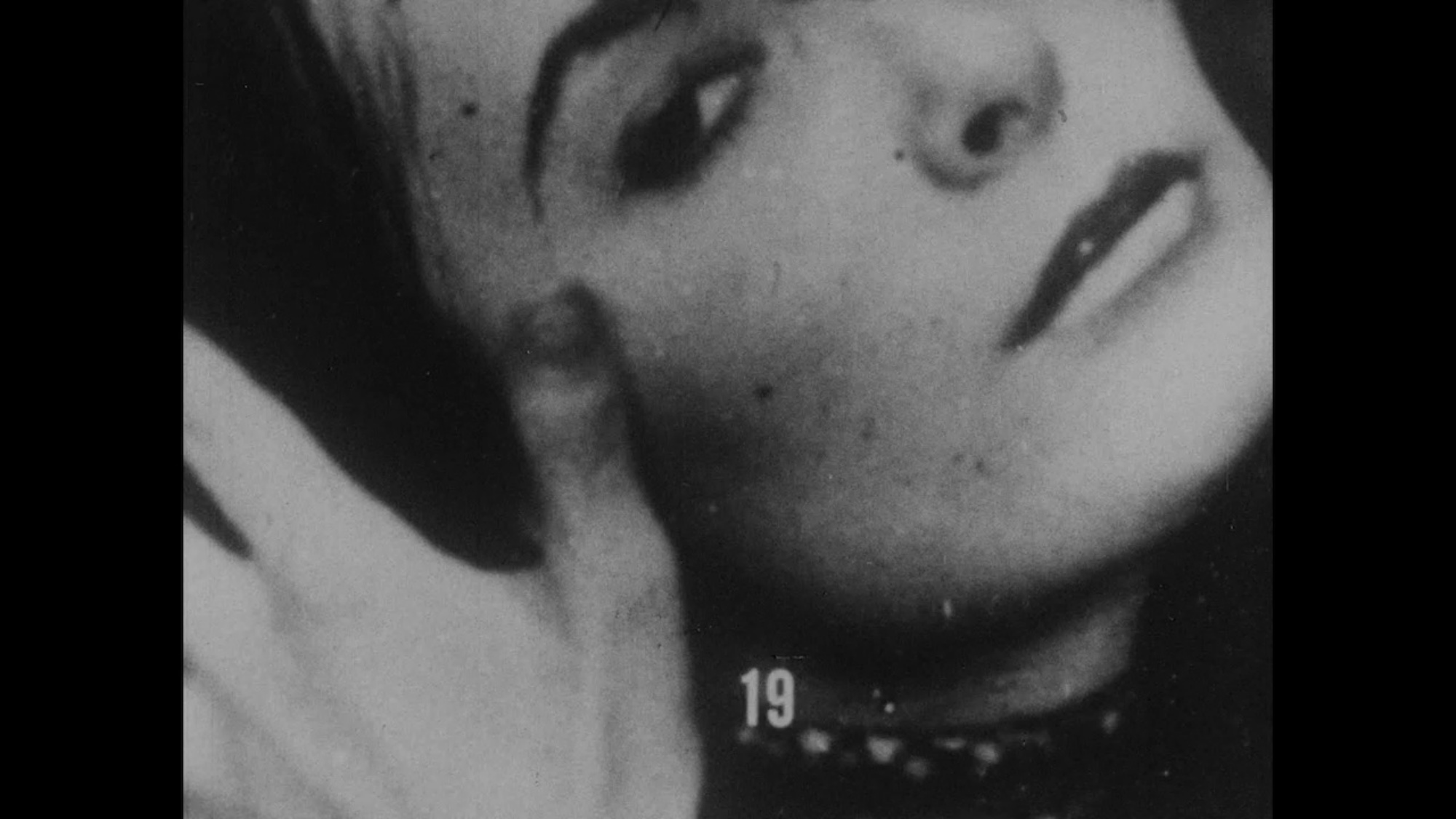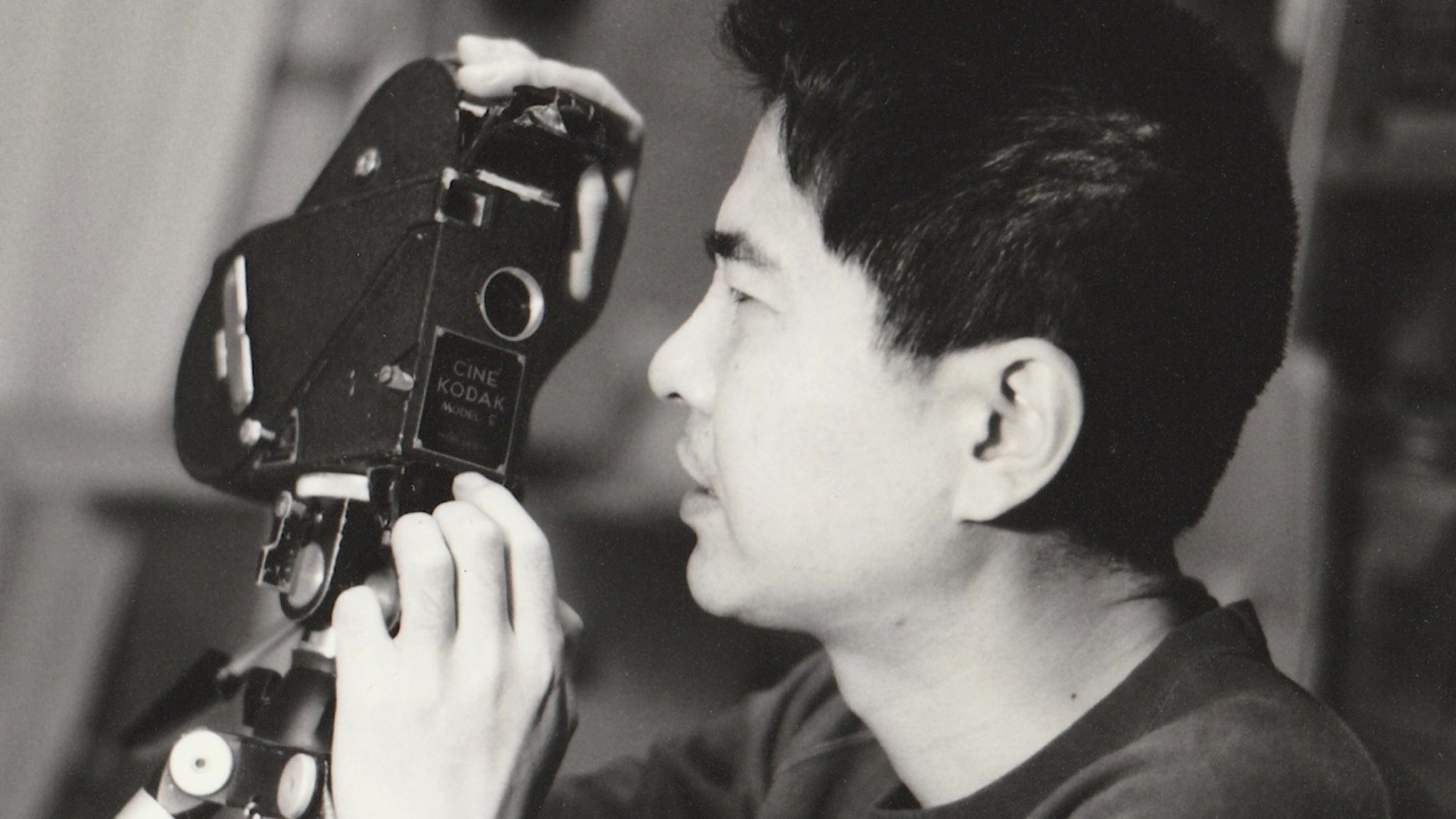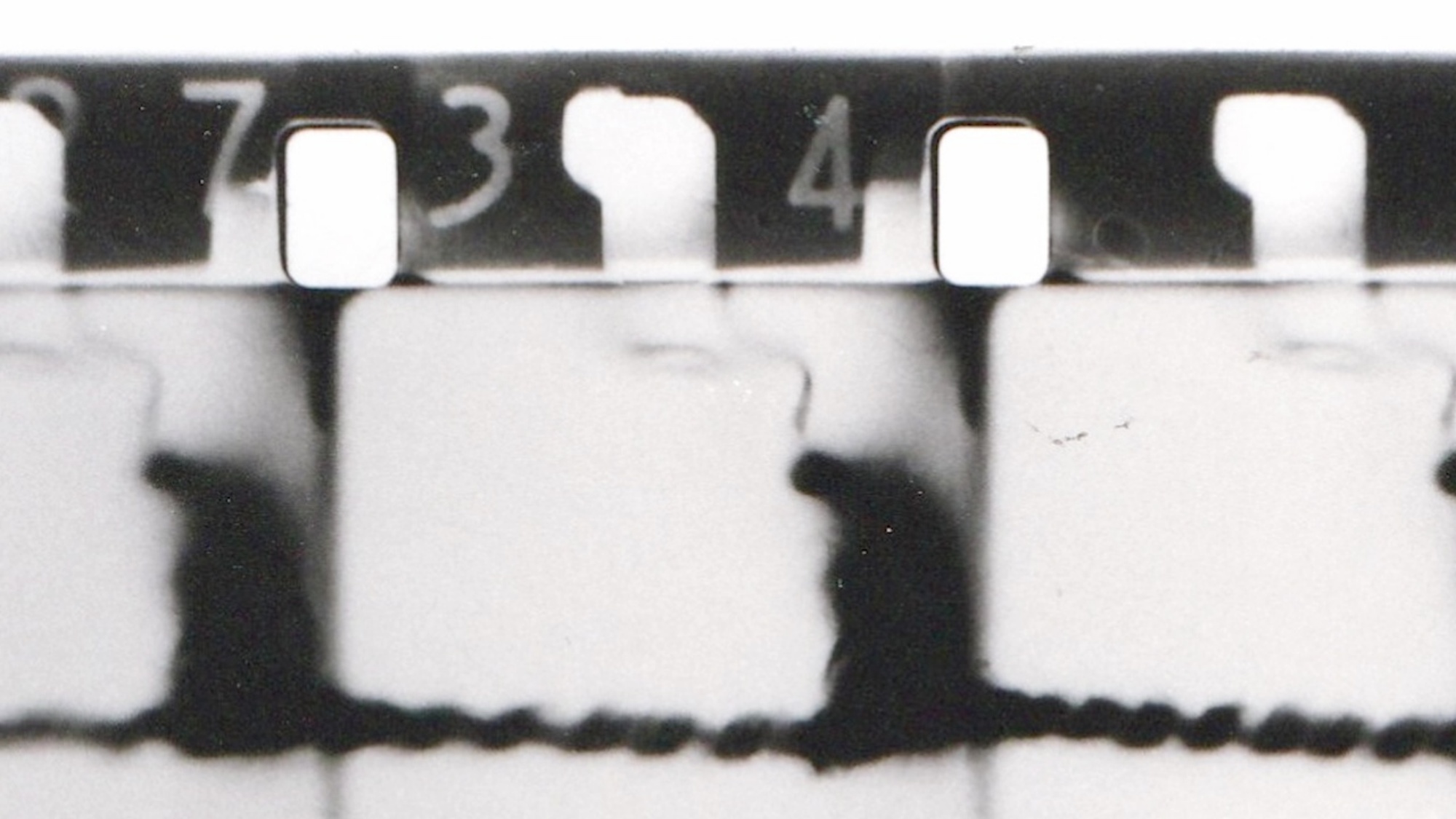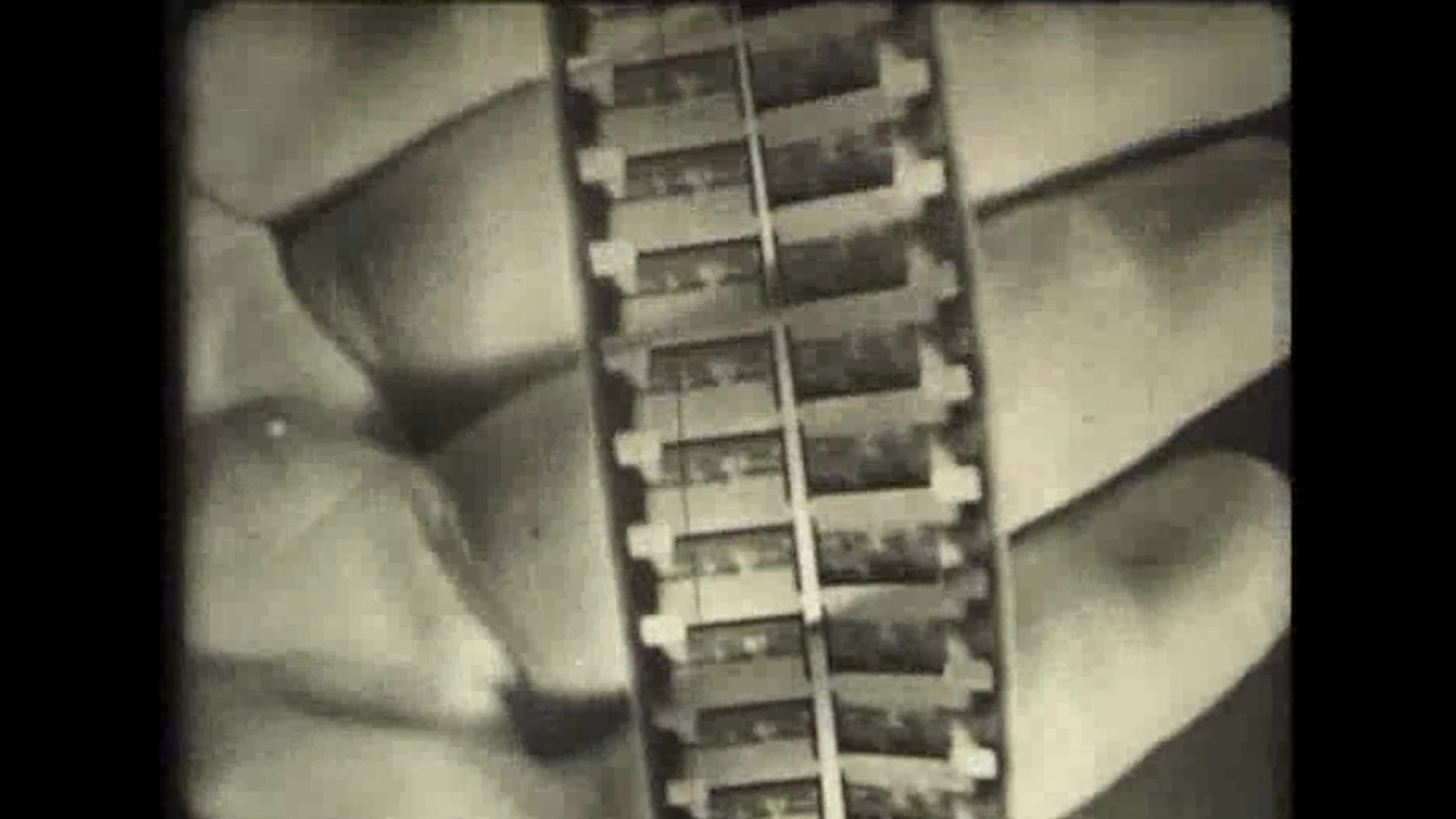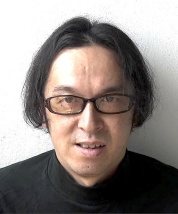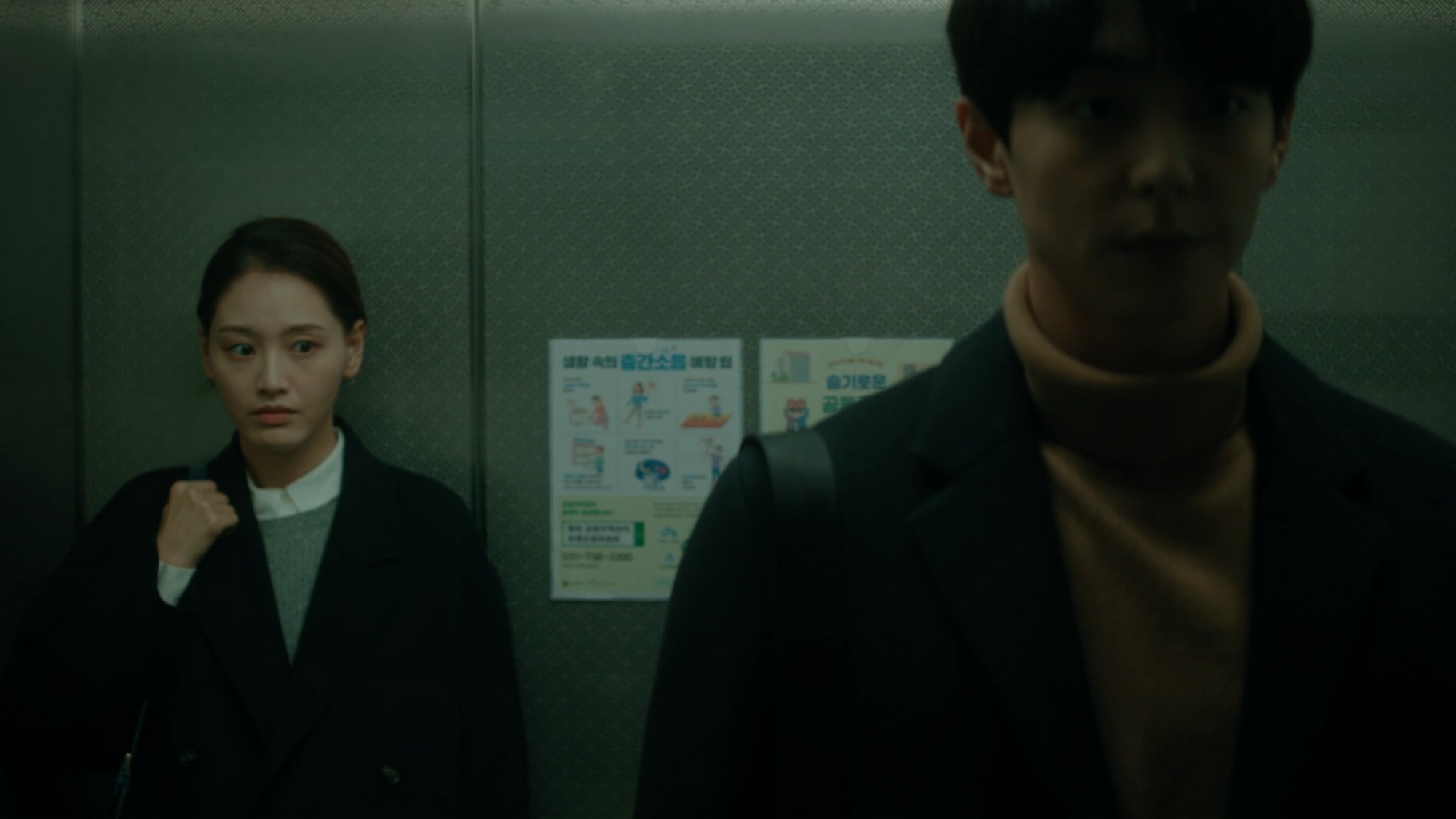The disappearance of film material, both at the time of filming and projection, proposes one of the great questions when thinking about the future of cinema. Will the time come when film formats and projections disappear from the cinematographic universe? We don't know the answer, but it is certain that those in charge of keeping the film material alive for longer will be the experimental and avant-garde film directors. Authors still keep formats such as 16mm and 8mm as the original material of their art. Like the Japanese director Okuyama Jun'ichi, who tirelessly from the beginning of his career used the materiality of film as one of the central elements of his art. Director KANEKO Yu's documentary takes us through the life and unique art of Okuyama Jun'ichi, and in doing so, tells us about the last days of an endangered art. (Sung MOON)












